Traditional drain cleaning methods using toxic chemicals harm aquatic ecosystems and pose environmental risks. Eco-friendly alternatives, including natural enzymes, biodegradable solutions, and mechanical techniques, offer a safer and sustainable approach. These practices protect water sources, minimize the ecological footprint, and promote a healthier environment. Using natural ingredients like baking soda and vinegar, along with tools like drain snakes or hydraulic jetting, ensures cleaner drinking water, reduces plumbing damage, and supports a circular economy. This comprehensive guide emphasizes prevention through regular disposal of non-biodegradable materials, installation of drain covers, and use of natural cleaners.
In today’s eco-conscious world, understanding the environmental impact of routine tasks is crucial. Drain cleaning, a common household chore, often relies on harsh chemicals that can pollute water sources and harm beneficial bacteria. This article explores greener alternatives with a focus on eco-friendly drain cleaning. We’ll delve into the environmental consequences of traditional methods, compare them to eco-conscious solutions, provide a step-by-step guide, and offer tips to avoid common mistakes, empowering you to maintain clean drains responsibly.
Understanding the Impact of Drain Cleaning on the Environment

The traditional drain cleaning methods often involve toxic chemicals that can cause significant environmental harm. These chemicals, when flushed down the drains, can contaminate water bodies and disrupt aquatic ecosystems. They may also persist in the environment, contributing to long-term pollution. In contrast, eco-friendly drain cleaning offers a safer alternative by utilizing natural enzymes, biodegradable solutions, and mechanical methods to clear blockages without leaving behind harmful residues.
By adopting eco-friendly practices, we can minimize the impact of drain cleaning on our delicate ecosystems. This approach not only protects water sources but also promotes a healthier environment for all living beings. It’s a step towards sustainability, ensuring that our daily routines contribute positively to nature rather than negatively.
Traditional vs Eco-Friendly Drain Cleaning Methods
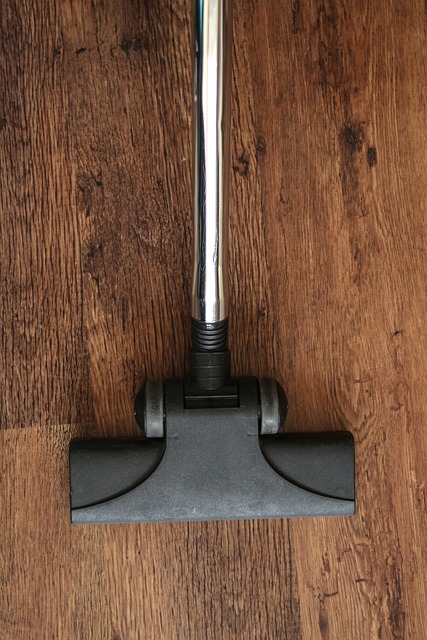
Traditional drain cleaning methods often rely on toxic chemicals, which can pose significant environmental and health risks. These chemicals not only harm aquatic life but also contaminate soil and groundwater when improperly disposed of. In contrast, eco-friendly drain cleaning offers a safer alternative by utilizing natural ingredients and innovative techniques to unclog drains without causing ecological damage.
Eco-friendly methods employ biodegradable cleaners, such as baking soda and vinegar, which are effective in clearing blockages and breaking down organic debris. Additionally, using specialized tools like drain snakes or hydraulic jetting reduces the need for harsh chemicals. These eco-conscious practices not only protect local ecosystems but also contribute to a healthier environment, making them an increasingly popular choice for both residential and commercial properties concerned about their ecological footprint.
Benefits of Opting for Eco-Friendly Solutions
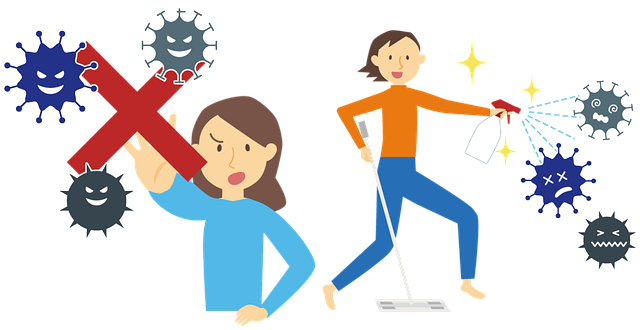
Opting for eco-friendly drain cleaning solutions offers a multitude of benefits that extend far beyond environmental conservation. By choosing products and methods that are safe for both your pipes and the planet, you reduce the risk of toxic chemicals leaching into water sources, ensuring cleaner and safer drinking water for everyone. These solutions are often more gentle on your plumbing, preventing damage and extending the lifespan of your drains.
Moreover, eco-friendly drain cleaners typically break down quickly, avoiding harmful residues that can build up over time. This not only promotes a healthier home environment but also supports a circular economy by reducing waste. In terms of cost, while initial investments in eco-friendly products might be higher, long-term savings become apparent through reduced need for frequent repairs and maintenance, making it a smart choice for both your wallet and the planet.
Essential Tools and Equipment for Green Drain Cleaning
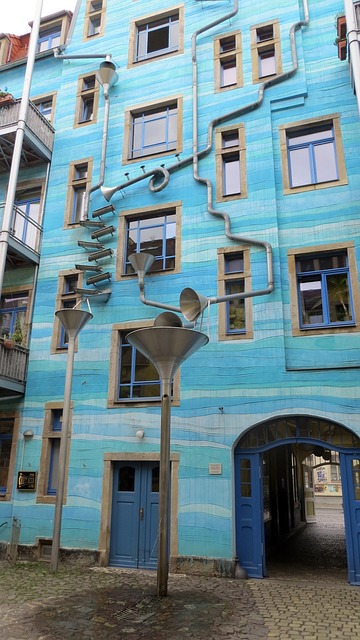
When it comes to eco-friendly drain cleaning, the right tools and equipment are essential for a thorough yet sustainable clean. Instead of traditional chemical cleaners, opt for environmentally friendly alternatives like baking soda, vinegar, and borax. These natural substances are effective in unclogging drains and eliminating odors without harming water sources or contributing to pollution.
For manual cleaning, invest in sturdy plastic or metal drain snakes and plungers. These tools help dislodge hair, grease, and other debris buildup. For more severe clogs, consider a pressure washer with adjustable settings, ensuring you select a low-pressure mode to avoid damaging pipes. Additionally, using protective gear like gloves and goggles is crucial for safety while handling these tools.
Step-by-Step Guide to Eco-Conscious Drain Maintenance
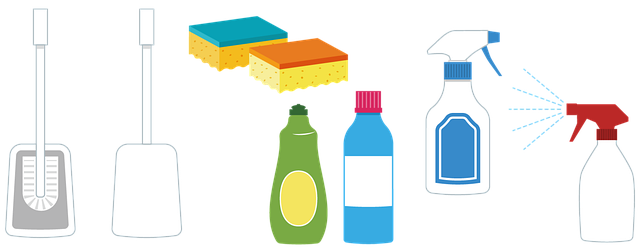
Maintaining clean drains is essential for any eco-conscious home or business owner. Here’s a step-by-step guide to help you with eco-friendly drain cleaning:
1. Prevention is Key: Start by preventing clogs in the first place. Regularly dispose of grease, coffee grounds, and other non-biodegradable materials down your drains. Install drain covers or catchers to stop hair, food particles, and other common culprits from building up.
2. Natural Cleaning Solutions: Opt for natural cleaners instead of harsh chemicals. A mixture of baking soda and vinegar is an effective and eco-friendly alternative. Pour half a cup of baking soda down the drain followed by a cup of white vinegar. The fizzing reaction will help to break down clogs. Let it sit for 15-30 minutes, then flush with hot water. For tougher clogs, consider using a plumber’s snake or a manual plunger before resorting to more intense natural solutions like boiling water or salt and lemon juice mixes.
Common Mistakes to Avoid During Eco-Friendly Drain Cleaning
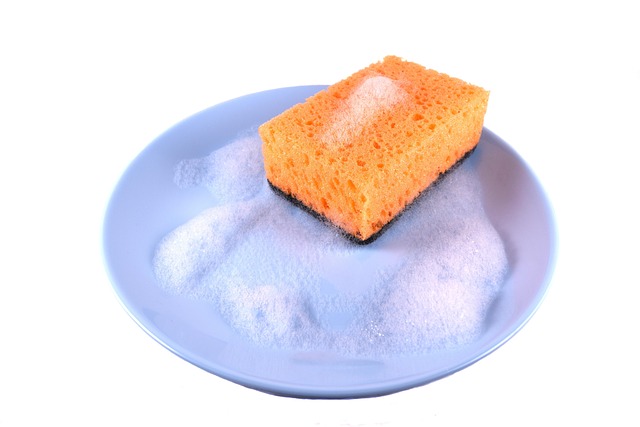
Many homeowners attempt eco-friendly drain cleaning methods, but there are some common pitfalls to avoid. One major mistake is using harsh chemical cleaners, which can cause environmental harm and pose health risks. Instead, opt for natural alternatives like baking soda, vinegar, or enzyme-based products designed for safe degradation.
Another error is neglecting regular maintenance. Clogs and drain issues often build up over time due to improper disposal of grease, hair, and other debris. Eco-friendly cleaning requires consistent effort to prevent blockages, ensuring that non-toxic methods remain effective. Remember, proper prevention techniques are key to maintaining a healthy plumbing system without harmful chemicals.
